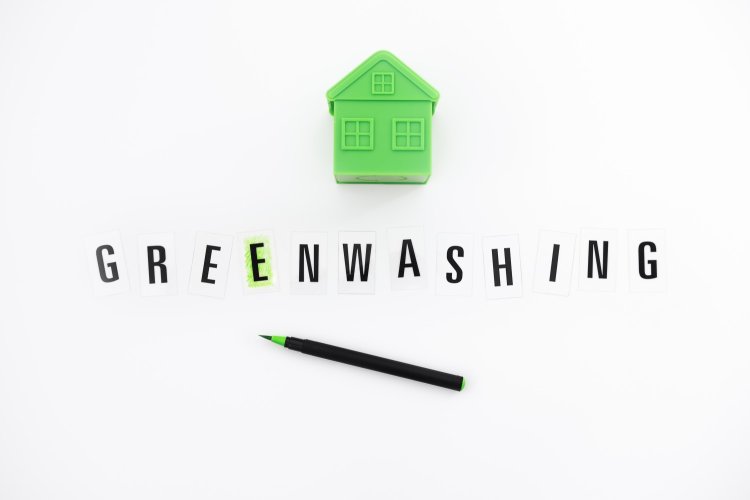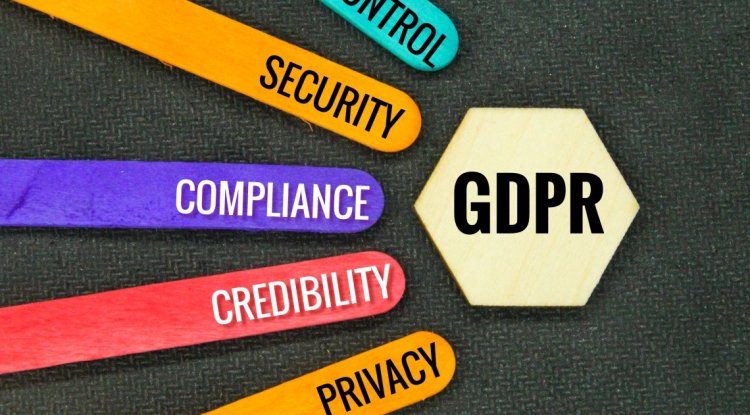Avoiding Greenwashing: Tips for Ethical Eco-Friendly Marketing
Discover how to avoid greenwashing in your marketing efforts and promote ethical eco-friendly practices. Learn essential tips to stay transparent and authentic while appealing to environmentally conscious consumers.

As the world becomes more environmentally conscious, businesses are increasingly integrating eco-friendly practices into their marketing strategies. However, with the rise of greenwashing, it has become vital for companies to ensure their marketing efforts are authentic and genuinely contribute to sustainability. Greenwashing refers to deceptive or misleading claims about a product's environmental benefits, which can mislead consumers and undermine trust.
In this article, we will delve into essential tips for ethical eco-friendly marketing, focusing on how businesses can avoid greenwashing and build trust with environmentally conscious consumers.
1. Transparent Communication
Honesty is the cornerstone of ethical eco-friendly marketing. Clearly communicate your environmental initiatives, their impact, and any certifications or standards your products meet. Avoid vague or ambiguous statements, and instead provide concrete data and evidence to support your claims. Transparent communication fosters trust and credibility, making consumers more likely to engage with your brand.
2. Genuine Commitment to Sustainability
Demonstrate a genuine commitment to sustainability by incorporating eco-friendly practices throughout your business operations. Showcase your efforts to reduce waste, energy consumption, and carbon footprint. Share success stories and challenges you've faced in your journey towards sustainability. Consumers appreciate businesses that walk the talk and will be more inclined to support your brand.
3. Educate and Empower Customers
Use your marketing channels to educate consumers about the importance of eco-friendly practices. Empower them with information and tips on how they can contribute to a greener environment. This approach not only builds a loyal customer base but also fosters a sense of collective responsibility towards the planet.
4. Certifications and Labels
Seek third-party certifications and eco-labels for your eco-friendly products and practices. Certifications from reputable organizations add credibility to your claims and assure consumers that your brand meets stringent environmental standards. Display these certifications prominently in your marketing materials to reinforce your commitment to sustainability.
5. Avoid Exaggeration
Avoid exaggerating the environmental benefits of your products or initiatives. Be honest about the extent of your contributions to sustainability. Greenwashing can lead to reputational damage and loss of trust, so it's essential to avoid making unrealistic claims.
Case Study: XYZ Corporation's Ethical Eco-Friendly Campaign
To exemplify the principles discussed, let's examine a successful eco-friendly marketing campaign by XYZ Corporation. The company launched a line of sustainable clothing made from organic cotton and recycled materials. They transparently communicated their eco-friendly sourcing practices and provided information about the positive impact on reducing water usage and carbon emissions.
Furthermore, XYZ Corporation obtained certifications from well-known eco-labeling organizations, displaying them prominently on their website and packaging. They actively engaged with customers through social media, sharing educational content on sustainable fashion and encouraging discussions about environmental responsibility.
The campaign's success was attributed not only to the quality of the eco-friendly products but also to XYZ Corporation's transparent and genuine commitment to sustainability.
Conclusion
In the age of environmental awareness, ethical eco-friendly marketing is essential for businesses aiming to attract environmentally conscious consumers. By adopting transparent communication, demonstrating genuine commitment to sustainability, educating consumers, obtaining certifications, and avoiding exaggeration, companies can build trust and foster brand loyalty.
As an experienced digital marketer, I have helped numerous businesses navigate the challenges of ethical eco-friendly marketing. I am passionate about sustainability and empowering brands to make a positive impact on our planet. To learn more about my expertise, feel free to visit my LinkedIn profile (opens in a new tab).
About Myself
I am Raghav Chugh, a highly skilled professional with expertise in digital marketing and technology. With multiple Marketo certifications, 8+ years of experience in lead lifecycle design, and proficiency in various tools and technologies, I am well-equipped to deliver exceptional results for businesses.
My passion for sustainability aligns with my approach to ethical eco-friendly marketing. Over the years, I have helped numerous clients implement transparent and authentic environmental initiatives in their marketing strategies. My goal is to empower brands to make a positive impact on the environment while fostering trust and credibility with their audience.
What's Your Reaction?




















